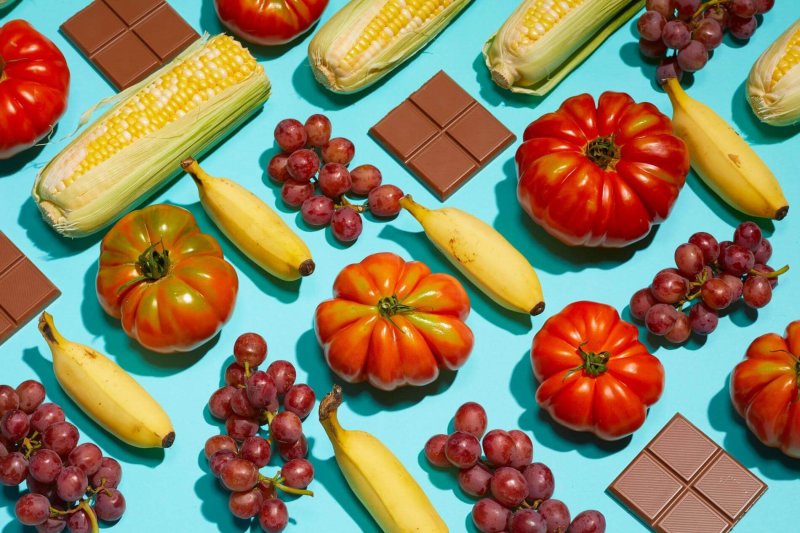Climate change is …. empowering a less familiar food foe: fungal pathogens. Molds and mildews thrive under increased precipitation and high carbon dioxide levels. Fungal pathogens are marching northward at a global average of about 4.3 miles per year, according to a study in Nature Climate Change. Another study published in Nature estimates that crops lost to fungi, and to their oomycete cousins, could feed more than 8 percent of the global population.
…
Fortunately, there’s a solution that doesn’t require extensive use of agricultural chemicals — but we’ll have to overcome our squeamishness about science. I’m talking about genetically modified organisms, or GMOs. Although GMOs have been greeted skeptically by health-conscious consumers, many of those consumers fail to realize that not all GMOs are created equal.
…
[R]ecent advances in gene editing technology make it easier than ever to modify plants without introducing genes from other species — say, by snipping out an unwanted gene or by inserting a gene from a different specimen of the same species. Those crops, known as mutagenic organisms, have genomes that are indistinguishable from those that could be developed through conventional selective breeding. Because gene editing can build disease resistance into crops much faster and more accurately than selective breeding can, the technique is better suited to combat the rapid advance of pathogens and insects into new latitudes.Read full, original article: We Need to Change the Way We Talk About GMOs































